Queen ‘used royal consent rule’ to lobby for law change to hide her wealth
Monarch’s private lawyers dispatched to put pressure on civil servants involved in drafting new legislation
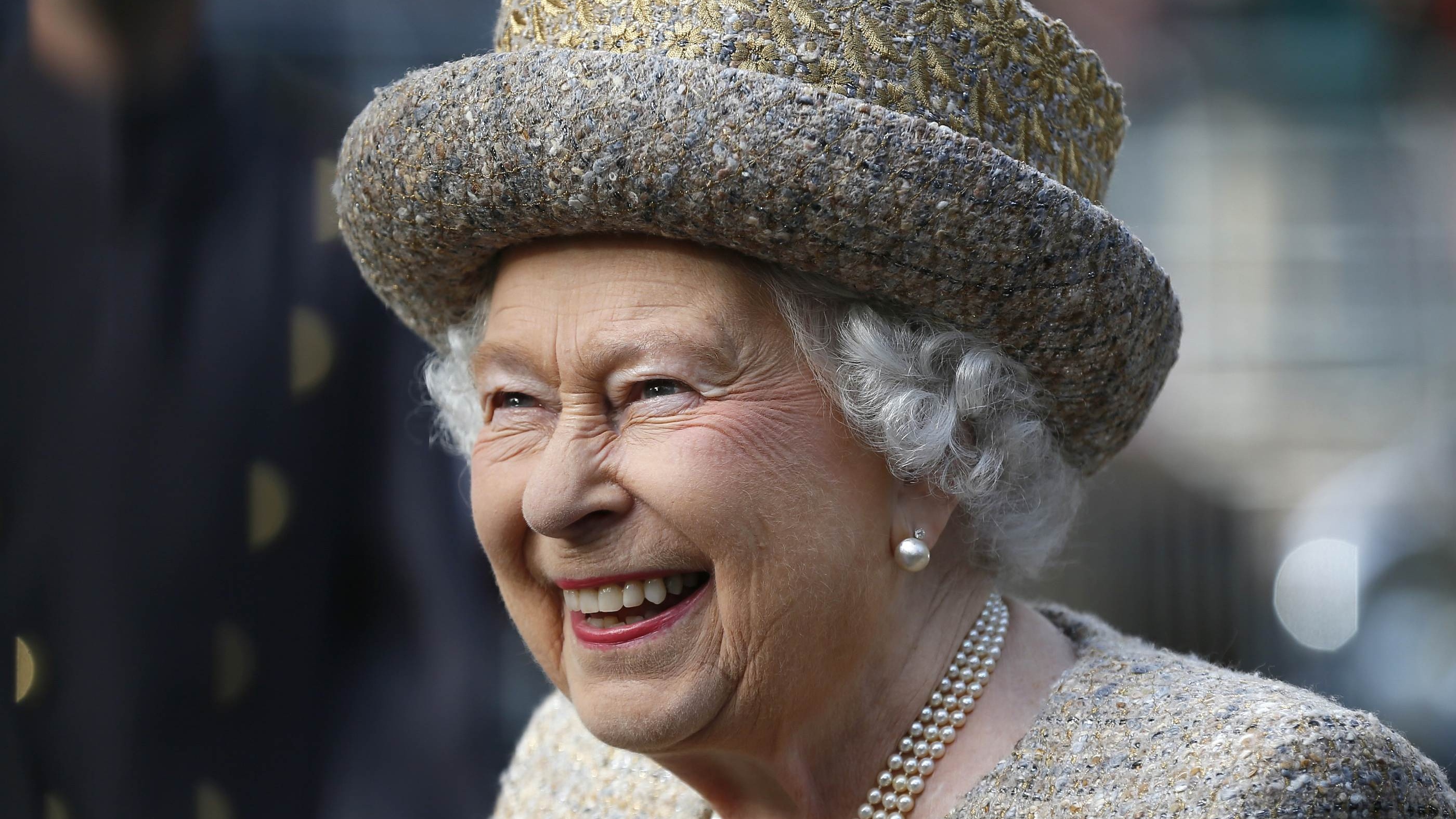
A free daily email with the biggest news stories of the day – and the best features from TheWeek.com
You are now subscribed
Your newsletter sign-up was successful
The Queen successfully lobbied ministers to change a proposed law in the 1970s in order to hide her “embarrassing” private wealth from public scrutiny, newly unearthed documents reveal.
Official memos dredged up from the National Archives by The Guardian reveal that the monarch’s private lawyer put pressure on civil servants to prevent her shareholdings from being made public under proposed transparency measures in a companies bill drafted by Edward Heath’s Conservative government.
Matthew Farrer, then a partner at London-based law firm Farrer & Co., “relayed the Queen’s objection that the law would reveal her private investments in listed companies, as well as their value”, the paper reports.
The Week
Escape your echo chamber. Get the facts behind the news, plus analysis from multiple perspectives.

Sign up for The Week's Free Newsletters
From our morning news briefing to a weekly Good News Newsletter, get the best of The Week delivered directly to your inbox.
From our morning news briefing to a weekly Good News Newsletter, get the best of The Week delivered directly to your inbox.
A civil servant called C.M. Drukker wrote on 9 November that Farrer had argued that the disclosure would be “embarrassing” to the Queen.
The lawyer had “emphasised that the problem was taken very seriously and suggested - somewhat tentatively - that we had put them into this quandary and must therefore find a way out”, according to Drukker.
The government subsequently inserted a clause into the legislation granting itself the power to excuse companies used by “heads of state” from the new transparency measures.
What is Queen’s Consent?
A free daily email with the biggest news stories of the day – and the best features from TheWeek.com
A Buckingham Palace spokesperson last night insisted that claims the Queen blocked legislation are “simply incorrect”, the BBC reports.
In response, The Guardian’s investigations editor Paul Lewis tweeted that the paper did not allege that the monarch had “blocked legislation” but rather that “she lobbied ministers to change a law to conceal her wealth”.
The memos at the centre of the row came to light during an investigation into the Royals’ use of an arcane parliamentary procedure called Queen’s Consent.
The Royal Family’s website describes Queen’s Consent as a “long-established convention” by which the Queen is “asked by Parliament to provide consent… for the debating of bills which would affect the prerogative or interests of the Crown”.
Constitutional scholars have “tended to regard consent as an opaque but harmless example of the pageantry that surrounds the monarchy”, says The Guardian. But the memos suggest that the Queen’s advance sight of bills “has enabled her to secretly lobby for legislative changes”, the paper adds.
As calls emerge for a rethink of the archaic rule, Buckingham Palace insisted that “the role of sovereign is purely formal” and that “consent is always granted by the monarch where requested by government”.
A spokesperson added: “If consent is required, draft legislation is, by convention, put to the sovereign to grant solely on advice of ministers and as a matter of public record.”
Chas Newkey-Burden has been part of The Week Digital team for more than a decade and a journalist for 25 years, starting out on the irreverent football weekly 90 Minutes, before moving to lifestyle magazines Loaded and Attitude. He was a columnist for The Big Issue and landed a world exclusive with David Beckham that became the weekly magazine’s bestselling issue. He now writes regularly for The Guardian, The Telegraph, The Independent, Metro, FourFourTwo and the i new site. He is also the author of a number of non-fiction books.
-
 Local elections 2026: where are they and who is expected to win?
Local elections 2026: where are they and who is expected to win?The Explainer Labour is braced for heavy losses and U-turn on postponing some council elections hasn’t helped the party’s prospects
-
 6 of the world’s most accessible destinations
6 of the world’s most accessible destinationsThe Week Recommends Experience all of Berlin, Singapore and Sydney
-
 How the FCC’s ‘equal time’ rule works
How the FCC’s ‘equal time’ rule worksIn the Spotlight The law is at the heart of the Colbert-CBS conflict
-
 Will Beatrice and Eugenie be dragged into the Epstein scandal?
Will Beatrice and Eugenie be dragged into the Epstein scandal?Talking Point The latest slew of embarrassing emails from Fergie to the notorious sex offender have put her daughters in a deeply uncomfortable position
-
 Norway’s scandal-hit royals
Norway’s scandal-hit royalsIn the Spotlight Rape trial of Marius Borg Høiby, son of the crown princess, adds to royal family's ‘already considerable woes’
-
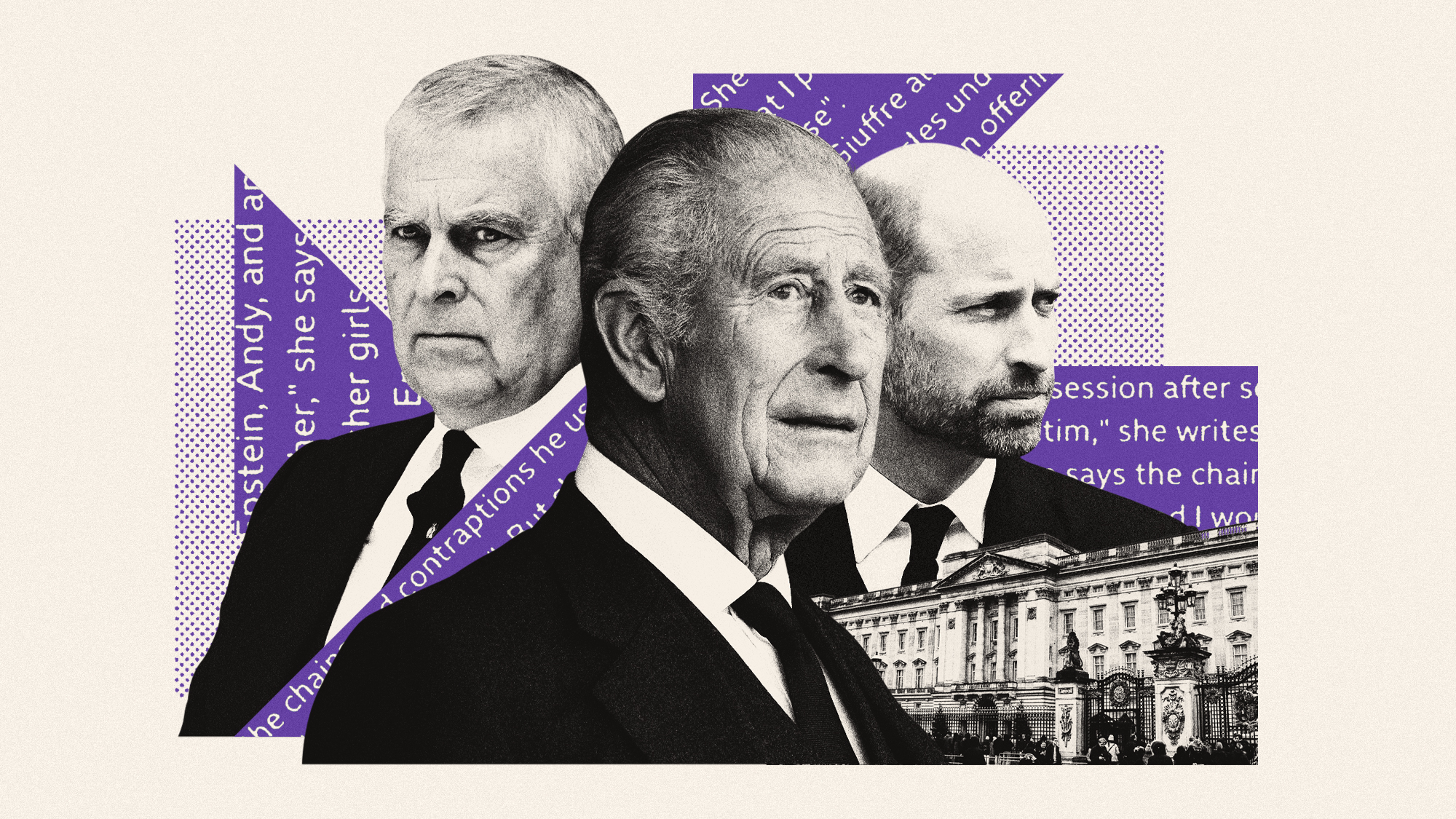 Prince Andrew: is the royal family doing enough?
Prince Andrew: is the royal family doing enough?Today’s Big Question King Charles faces calls for tougher action against Andrew after latest allegations about Virginia Giuffre and Jeffrey Epstein
-
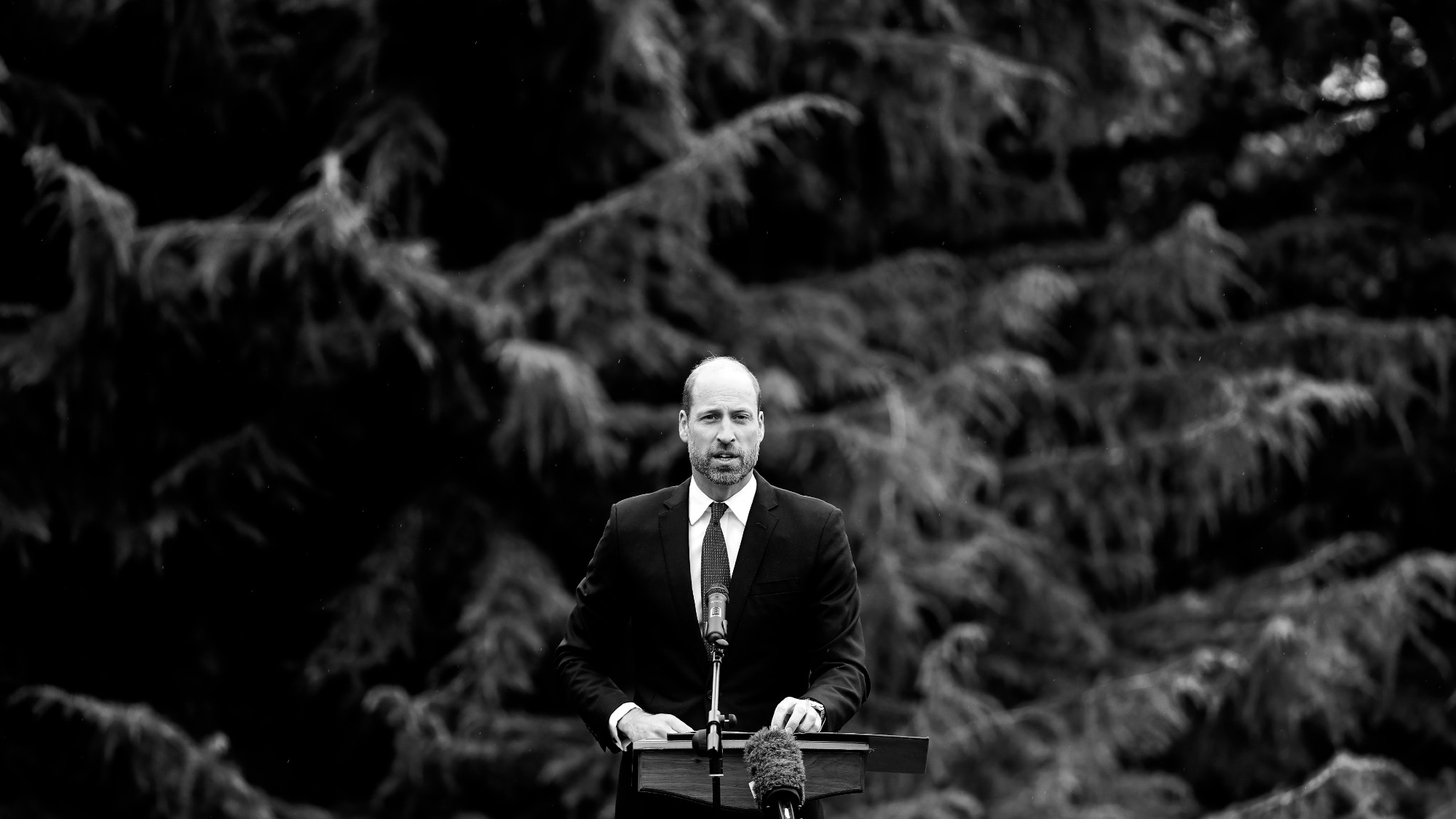 What will William be like as king?
What will William be like as king?Today's Big Question Prince of Wales said he won’t be ‘restricted’ by history when he takes the throne
-
 Prince charming: Harry’s tea with King sparks royal reconciliation rumours
Prince charming: Harry’s tea with King sparks royal reconciliation rumoursTalking Point Are the royals – and the UK public – ready to welcome the Duke of Sussex back in?
-
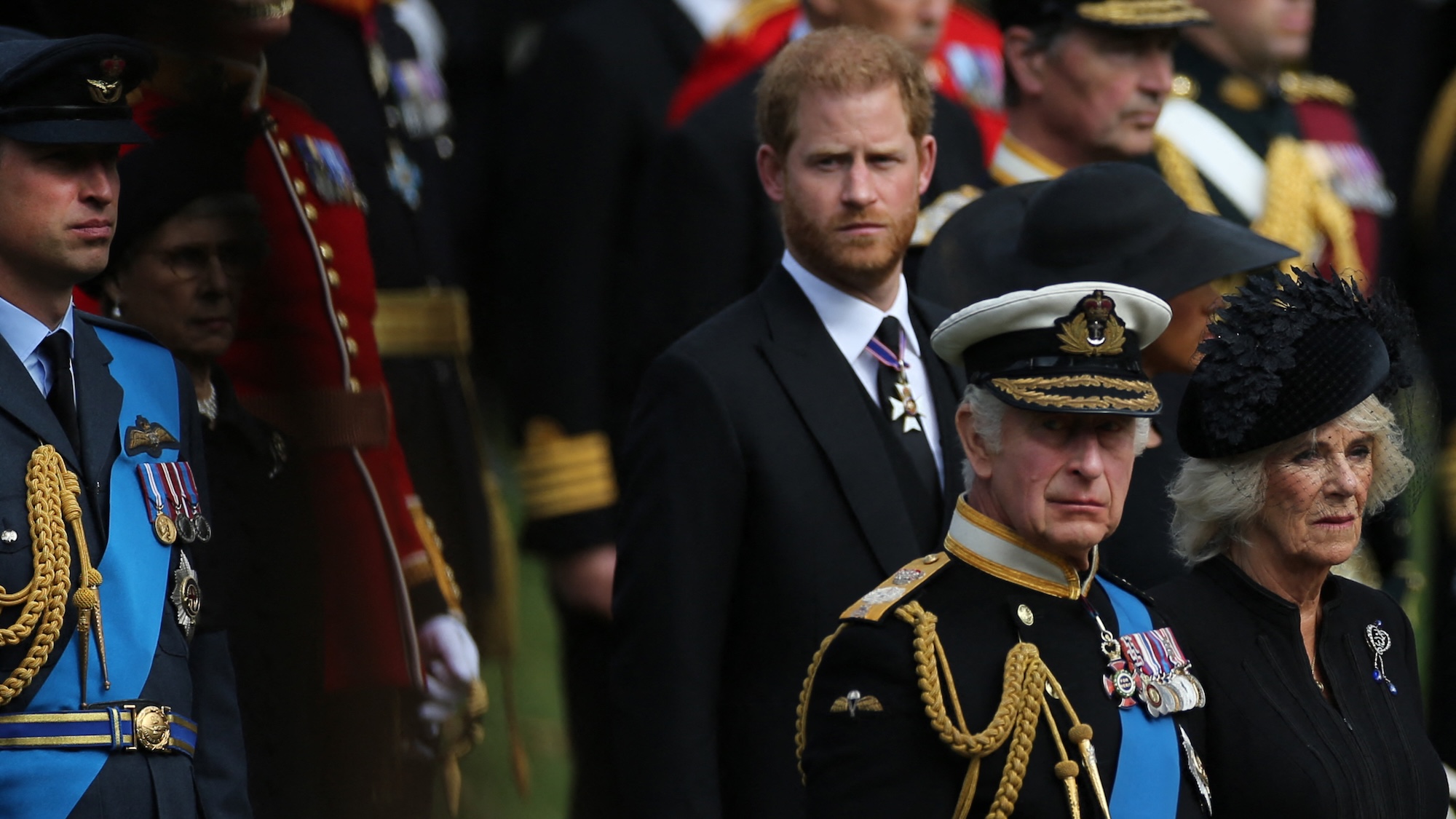 King Charles and Prince Harry: peace in our time?
King Charles and Prince Harry: peace in our time?Talking Point Leaked images of a secret meeting between royal aides suggest a dialogue is beginning to open up
-
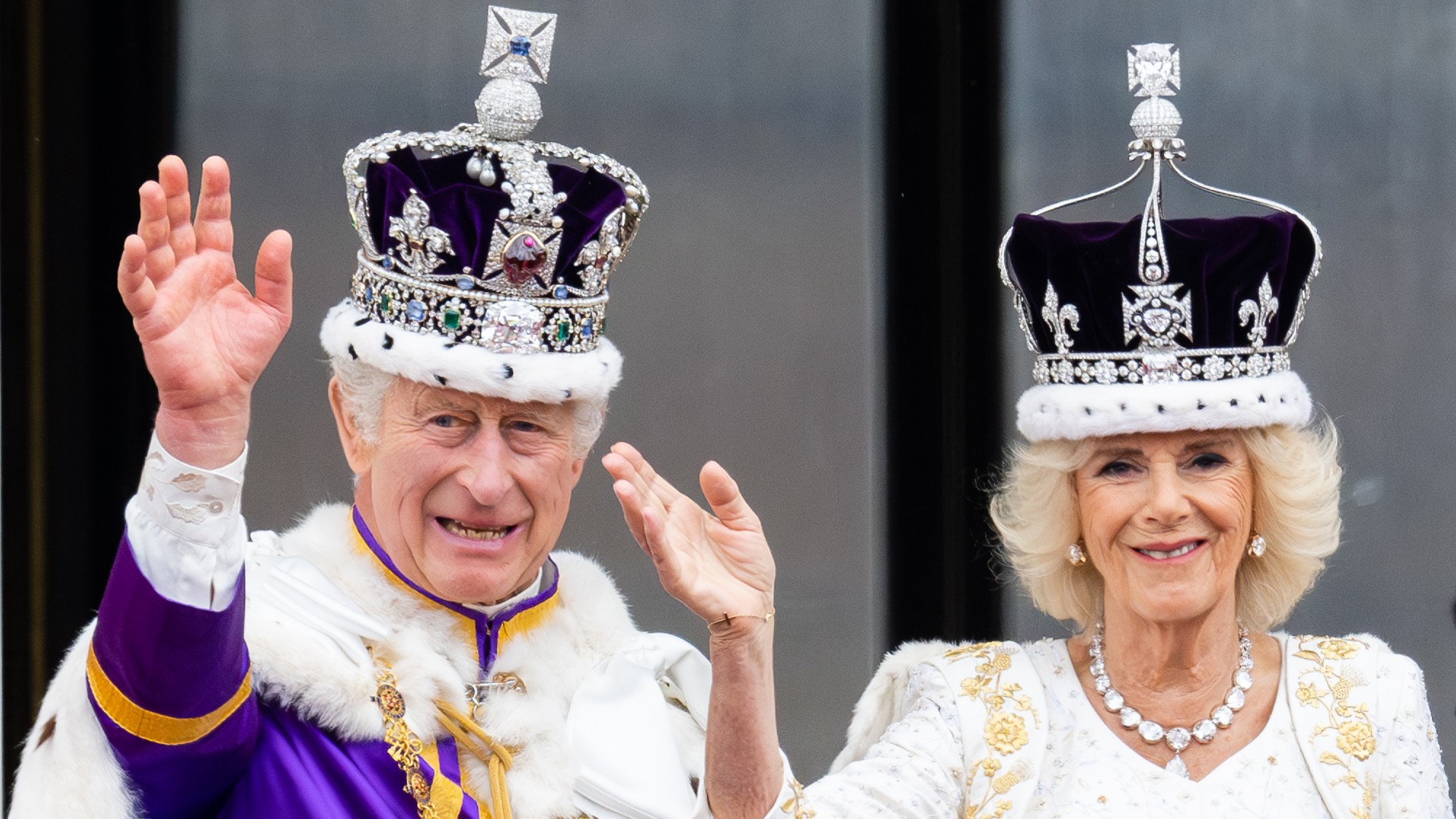 King Charles and the Sovereign Grant: how UK taxpayers fund the monarchy
King Charles and the Sovereign Grant: how UK taxpayers fund the monarchyThe Explainer Royals received £86.3m from government last year – and they are in line for a 50% increase
-
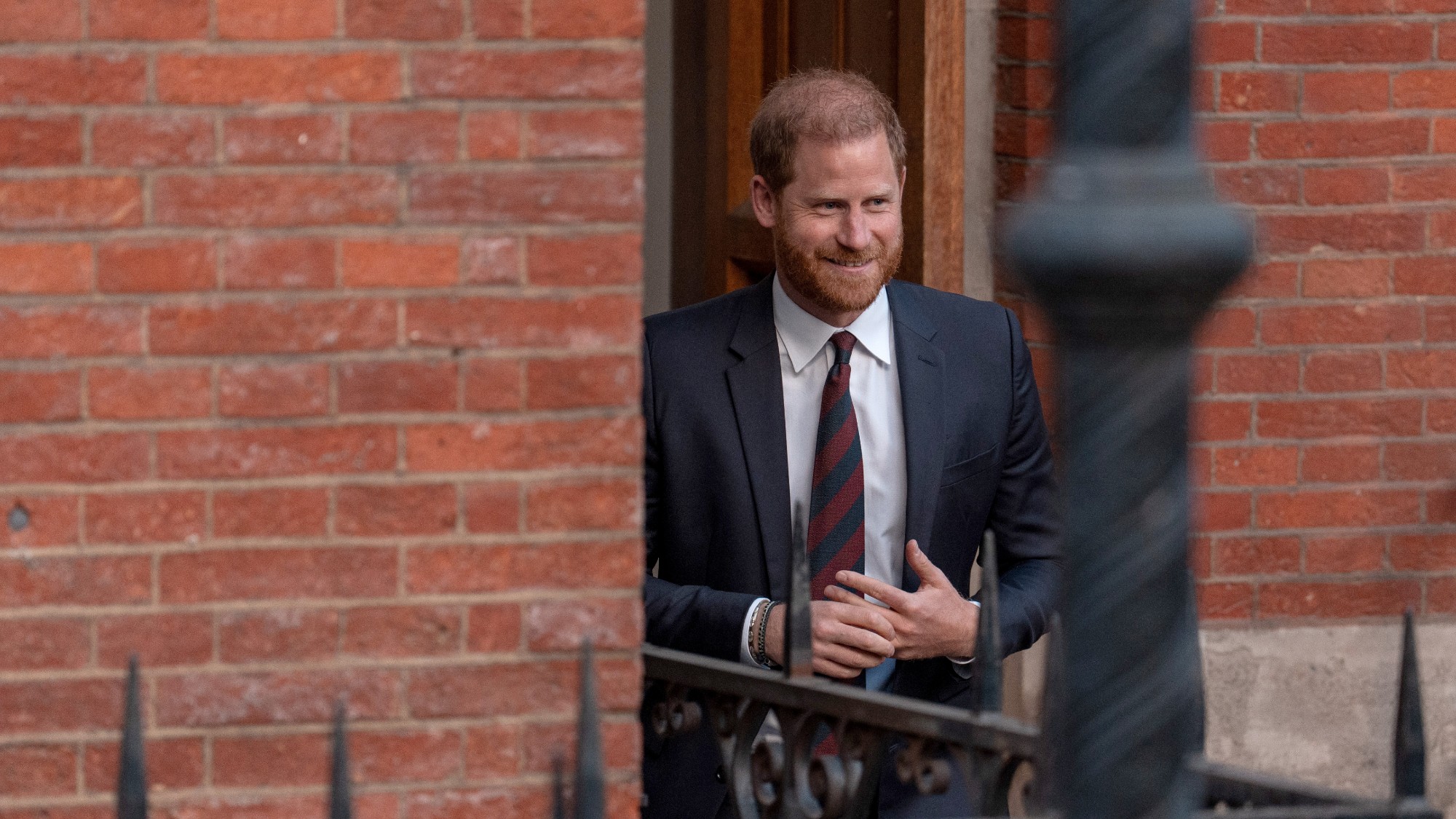 Is Prince Harry owed protection?
Is Prince Harry owed protection?Talking Point The Duke of Sussex claims he has been singled out for 'unjustified and inferior treatment' over decision to withdraw round-the-clock security